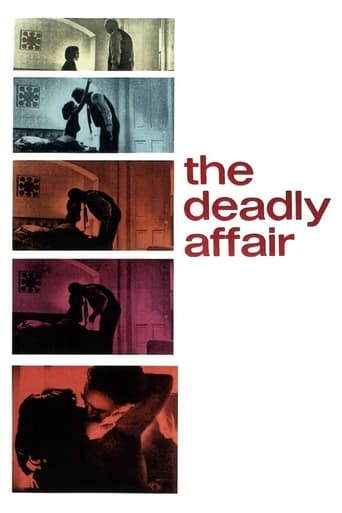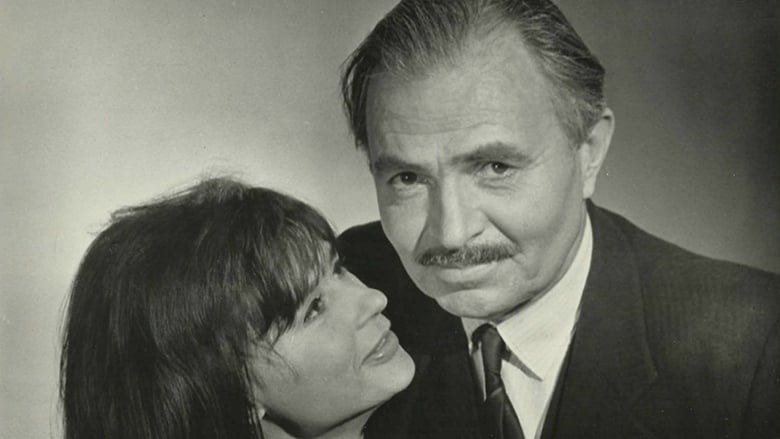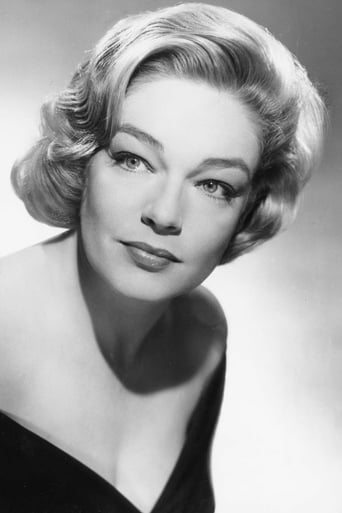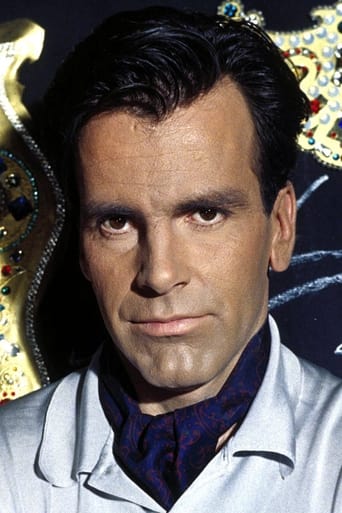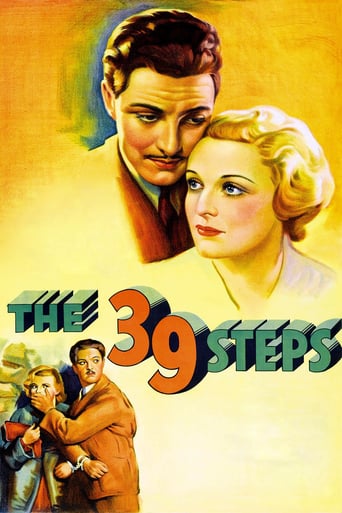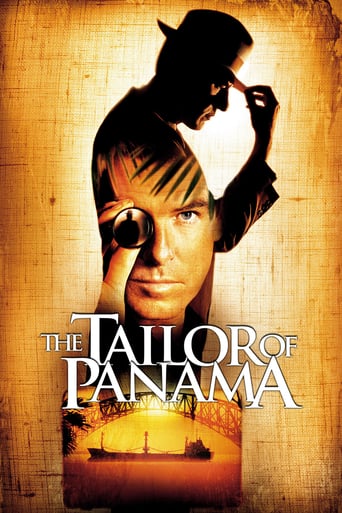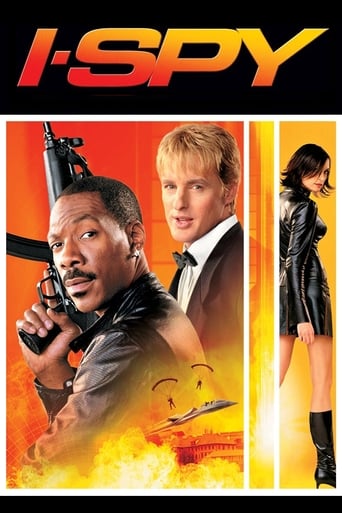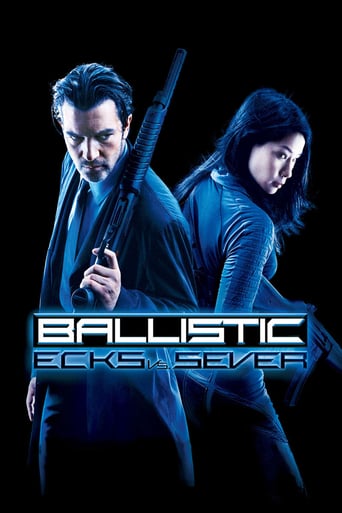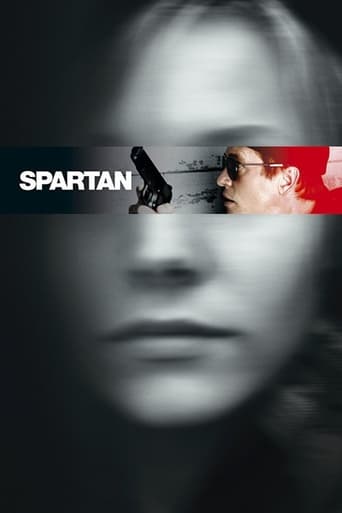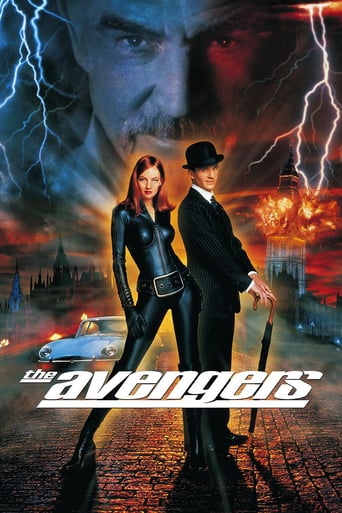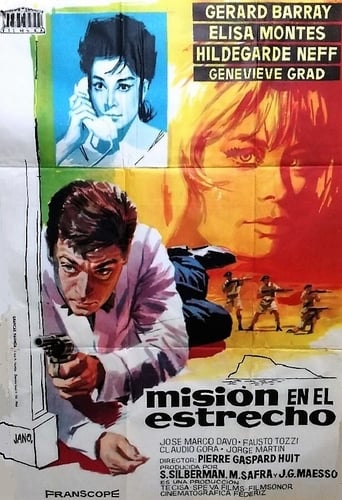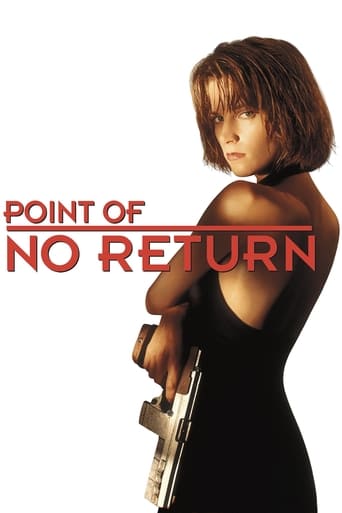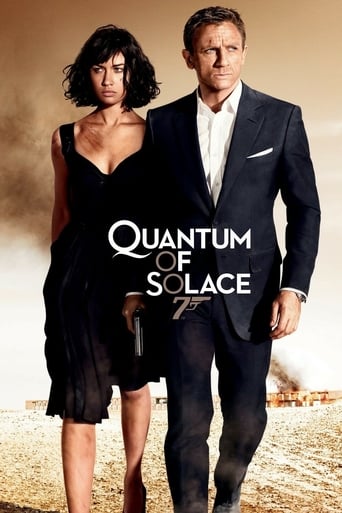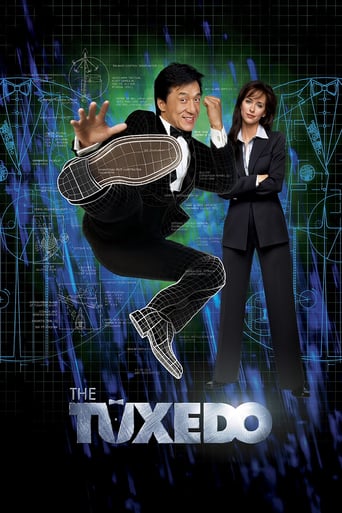The Deadly Affair (1967)
Charles Dobbs is a British secret agent investigating the apparent suicide of Foreign Office official Samuel Fennan. Dobbs suspects that Fennan's wife, Elsa, a survivor of a Nazi Germany extermination camp, might have some clues, but other officials want Dobbs to drop the case. So Dobbs hires a retiring inspector, Mendel, to quietly make inquiries. Dobbs isn't at all sure as there are a number of anomalies that simply can't be explained away. Dobbs is also having trouble at home with his errant wife, whom he very much loves, having frequent affairs. He's also pleased to see an old friend, Dieter Frey, who he recruited after the war. With the assistance of a colleague and a retired policeman, Dobbs tries to piece together just who is the spy and who in fact assassinated Fennan.
Watch Trailer
Cast


Similar titles
Reviews
Charles Dobbs (James Mason) investigates a typed letter accusing Samuel Fennan of the foreign office of his communist past. Dobbs' personal life is completely dysfunctional with his wife (Harriet Andersson) openly cheating on him. Dobbs is doing a security check on Fennan who seems to be amiable and claims to be young at the time. Then Dobbs is told he committed suicide. When everybody wants to leave it simply as a suicide, Dobbs continues to investigate. He interviews the wife Elsa Fennan (Simone Signoret) and things don't add up. An old friend Dieter Frey (Maximilian Schell) returns to town and his wife is cheating with him. Retired Inspector Mendel (Harry Andrews) helps with the investigation.It's a murky spy thriller from a John le Carré novel. It's slow and moody. Director Sidney Lumet does a reasonable job. It's not particularly tense. Even the action isn't that exciting. Dobbs is a pathetic character in his personal life. James Mason plays the personification of the British stiff upper lip. The mystery moves fairly slowly. It's not completely compelling to me. There are long sections of bland scenes like the play rehearsal. I think that may have been a bit British humor that I don't get.
Sidney Lumet's The Deadly Affair fields an outstanding cast of actors but the results are disappointing in this slow moving and passionless spy story that meanders sluggishly throughout.Special agent Charles Dobbs (James Mason) is stunned to find out a man he interviewed and gave clearance for a high security position has committed suicide. Things at home aren't going so well for Dobbs either with an adulterous wife. Assigned a retired detective (Harry Andrews) to help investigate the suspicious death Dobbs begins to find out some sordid truths close to home.James Mason Dobb's is about the only saving grace to be found in Affair. Simone Signoret, Max Schell and Bibbi Anderson are all wasted in parts that are undeveloped and remote remaining en masse in a comatose state most of the way. Mason on the other hand is powerfully effective in scene after scene but other than a couple of humorous moments with Harry Andrews has no one to counter his emotional tenor.Lumet's direction is erratic, his pace suspense draining (glaringly so during the films climax at the Royal Shakespeare Theatre) and his compositions murky. By the time you get around to it's hollow forced finish this whole affair is d.o.a.
This was released in 1967. It was a decade for spy stories of varying quality, beginning probably with the wildly success James Bond series. Everyone read Ian Fleming's spy novels. President Kennedy was said to be a fan.John Le Carre's spy novels, from one of which this film is derived, were generally gloomier and more serious than Ian Fleming's. Nobody could take Rosa Klebb seriously, but here is Simone Signoret as the sullen widow of a man in British intelligence who appears to have committed suicide but whom the protagonist, agent James Mason, believes to have been murdered.It takes Mason the entire length of the film to pin down the murderer among the ensemble cast. It's something of a clotted plot, with friends or former friends working for and against each other. Unlike the Bond movies, you never quite know what's up and the end comes as something of a surprise.Nor does it have Ian Fleming's sometimes reckless humor. You won't find many tag lines here. "The name is Bond -- James Bond." Or "shaken, not stirred." And none of the girls are named Thumper, Bambi, or Pussy Galore. Director Sidney Lumet doesn't entirely eschew comedy. (If he did, it would be murky indeed.) But, a few witty exchanges aside, the only funny part is in a theater rehearsal of the first witches' scene in "MacBeth." The cauldron doesn't bubble. And when the crew finally gets the dry ice into it, the fire goes out.A particular annoyance: the Big Reveal comes during the performance of a tragedy. A king is stomped to death with a table, and one of his murderers murders another murderer immediately afterward. Okay. I'm sitting there trying to identify which of Shakespeare's plays this is. There's plenty of Grand Guignol in Billy Shakespeare but if my life depended on it I can't remember anyone being killed by a table. A butt of malmsy, heads lopped off, eyes gouged out -- yes, but no tables. Nor could I identify a single line of the play. That's because the skanks were performing Christopher Marlowe's "Edward II" without having even hinted at it. It would have ruined the movie for me had it not come so near the climax. I've been told I missed the shot of the poster announcing the title of the play. That's not good enough. It cost them one star off my review.Speaking of kings, Freddie Young's photography is princely, if consistently dark. The music is by Quincy Jones, a terrific musician, whose score emerges here as Bossa Antigua. Simone Signoret has what may be the best role as a pathetic middle-aged woman broken by her experiences in a concentration camp. But Max Schell is equally good in a complicated role. Everything he does seems to be outstanding. And what long, delicate fingers he has, like a spider's legs but more coordinated and more expressive.There have been more entertaining movies in the genre but this one isn't bad if you have a modicum of patience.
First of all, I liked this movie. I could watch it several more times but there are some irritating things about it. Anyway, this is one of the essential LeCarre spy movies. It is unfortunate that the studio renamed Smiley as Dobbs, but James Mason plays George Smiley, and does so very well. Smiley/Dobbs is a cuckold because his wife just can't help it. This is not very well played out in this film which hints at, oh, impotence and nymphomania (does that still mean anything?). The point, for LeCarre, was that Smiley's betrayed love is a metaphor for the political betrayal that is his stock in trade. Who better to discover a traitor than the betrayed man? The plot is genius: a cabinet minister dies, possibly a suicide, after Smiley/Dobbs interrogates him about possible Communist connections. Smiley/Dobbs thinks there is something more to this; he thinks it might be murder. Assisted by a superannuated cop, he seeks the truth, and finds it. All this is well-done: a good story, good acting, good photography, etc. But! The soundtrack is often terribly inappropriate. Lumet must have known this and at one point the soundtrack ends with a phono needle being scratched across vinyl -- the one truly cool moment in the use of the music. And sometimes the editing is wretched: choppy, major speeches interrupted with meaningless shots -- I don't know who to blame for this except Lumet. Still, with all its flaws, a movie worth watching, especially if you are interested in Cold War spy thrillers.

